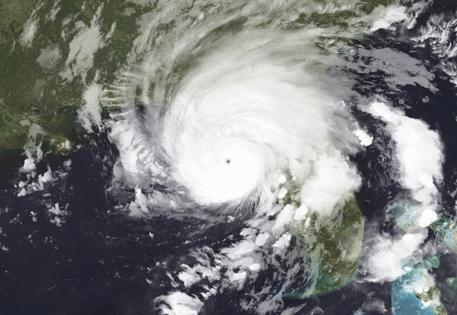Steamy ocean means 'a very, very busy season' for hurricanes, early forecasts say
Published in Weather News
The upcoming hurricane season is shaping up to be another extremely active one, powered by the Atlantic’s record-breaking run of high temperatures.
The early season forecast from Colorado State University — a key pioneer of preseason hurricane forecasting — calls for another above-average season. The bottom line: Florida, and other coastal states, should prepare to batten down the hatches when the season begins on June 1.
Specifically, the forecast calls for 23 named storms, 11 of which could form hurricanes and five that could strengthen into major hurricanes, Category 3 or higher. The average season has 14 named storms, 7 hurricanes and 3 major hurricanes.
That would put this season on par with some of the most active on record, including 2020, where there were so many storms the National Hurricane Center ran out of names and had to switch to an alternate list of Greek letters.
“This is the highest April forecast we’ve put out,” Phil Klotzbach, CSU meteorologist and lead author of the forecast, told a crowd of meteorologists at the National Tropical Weather Conference Thursday. “We are forecasting a very, very busy season.”
Hurricane season begins June 1 and ends Nov. 30, with a peak in August and September. Forecasting what the season could hold this early is usually seen as a tough task. The gold standard — from the National Oceanic and Atmospheric Administration — is in May.
But unlike last year, where two major weather phenomena with opposite effects duked it out in the Atlantic, this year all early forecasts to date, including Accuweather and Weather Tiger, are pointing to one thing: an active season.
“At this long lead time, there’s a lot of uncertainty. This year, I’d say we’re a lot more confident than we were last year,” Klotzbach said.
The main factor for the high numbers on this forecast is the Atlantic, where sea surface temperatures are running at temperatures that are more common in July, said Brian McNoldy, a senior research associate at the University of Miami.
“This year it has not (and will not) get below 20°C for the first time in recorded history!” he posted on X, formerly known as Twitter.
...continued
©2024 Miami Herald. Visit miamiherald.com. Distributed by Tribune Content Agency, LLC.







Comments